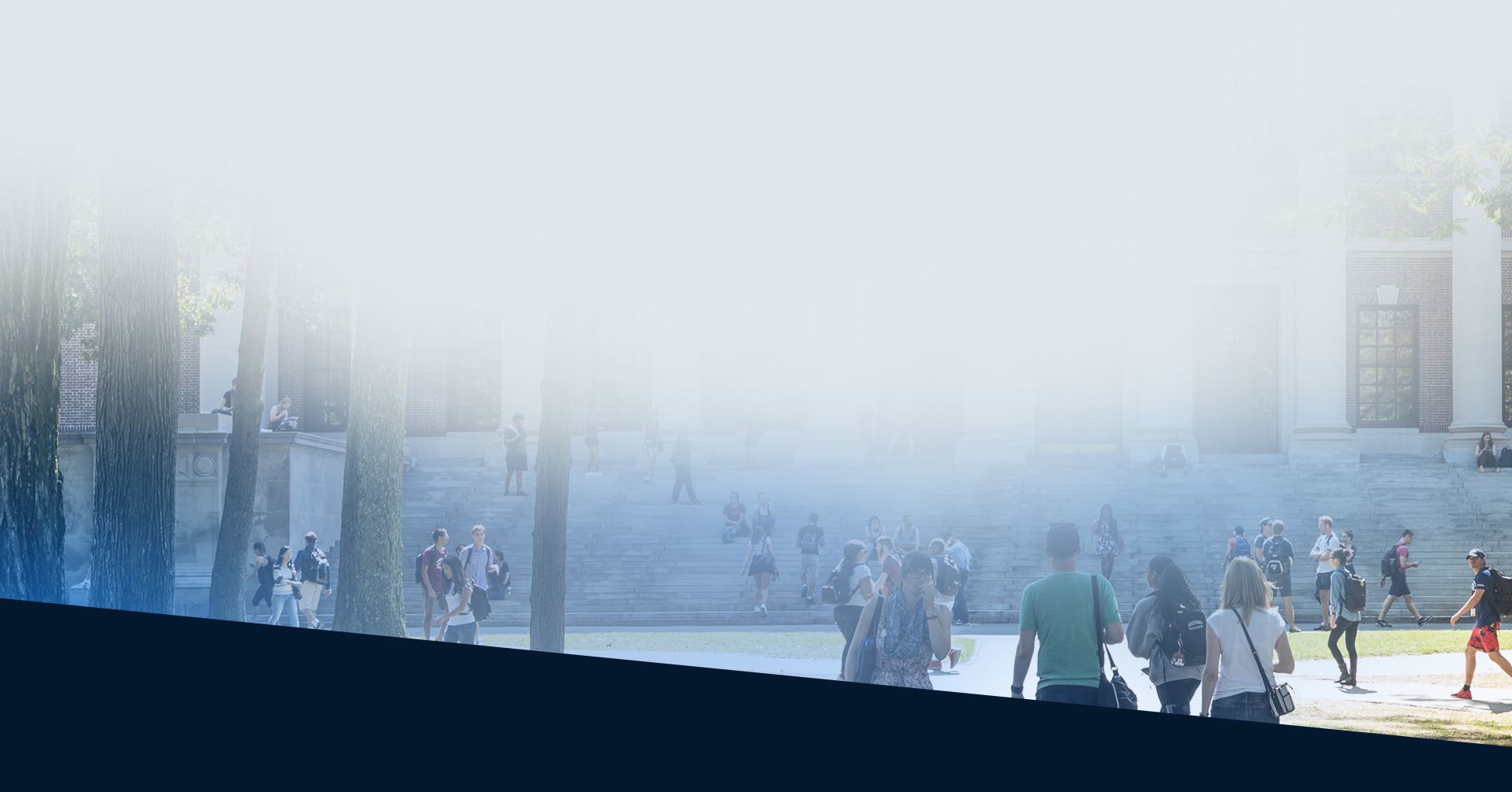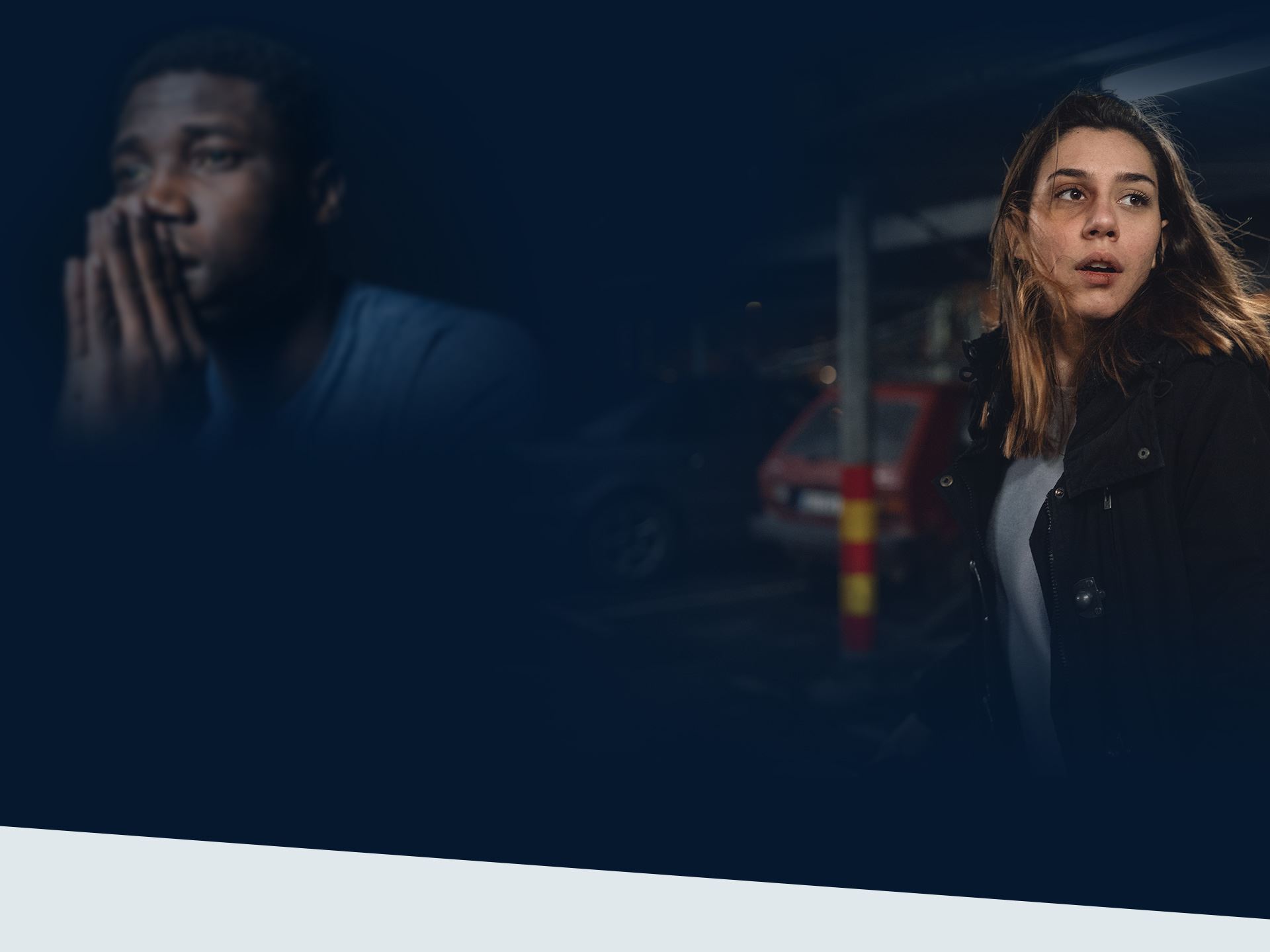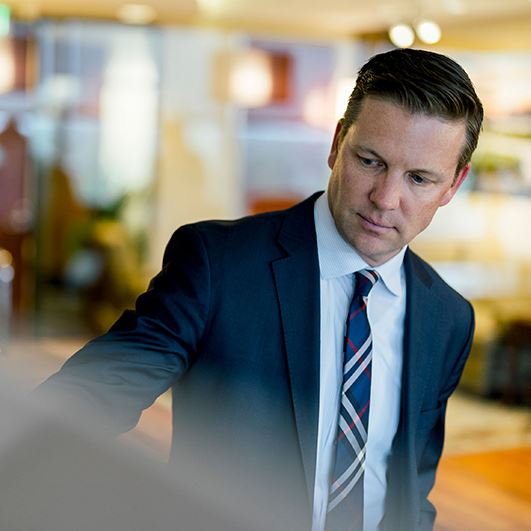
College and university campuses are rife with sexual assault. Teachers, coaches, doctors, and other employees of a school may use their positions of power to abuse those in their care; or students, often free of parental oversight for the first time, may cross others’ boundaries. Anyone who works at a college or university should know about the danger of sexual assault and do their part to keep students safe. When lax policies and failure to investigate reports allow abusers to stay on campus, these institutions can be held accountable. Our attorneys can help you file a Title IX claim or lawsuit for sexual assault that happened while you were at school.
College Sex Abuse Claims in Colorado
Students Deserve Safety. We Fight To Ensure It.
Over the past few years, we have learned about multiple instances of widespread abuse of student-athletes. While coaches and doctors are not the only authority figures who take advantage of their positions to commit or cover up sexual assault, they are some of the individuals who face the highest number of accusations. No student should have to endure sexual assault or abuse simply because they want to participate in athletics. Programs that give abusers access to a steady source of students must be punished—and overhauled.
Some common types of sexual abuse experienced by college student-athletes include:
- Non-Consensual Sexual Activity: This involves any sexual activity that occurs without the explicit and voluntary consent of the victim. Non-consensual sexual activity can include sexual assault, rape, and other forms of unwanted sexual contact.
- Coercion and Manipulation: Perpetrators may use coercion or manipulation to pressure student-athletes into engaging in sexual activity against their will. This could involve threats, blackmail, or emotional manipulation to intimidate or control the victim.
- Grooming: Grooming is a process where perpetrators build trust and establish emotional connections with their victims to facilitate sexual abuse. In the context of college athletics, coaches, trainers, or other authority figures may groom student-athletes by offering special treatment, mentorship, or favors in exchange for sexual favors or compliance.
- Sexual Harassment: Sexual harassment can take various forms, including unwanted sexual advances, comments, or gestures that create a hostile or intimidating environment for the victim. In college athletics, sexual harassment may occur between teammates, coaches, or other staff members.
- Abuse of Power: Coaches, athletic staff, or older teammates may abuse their positions of authority and influence to exploit student-athletes sexually. This abuse of power can involve threats of negative consequences for the victim's athletic career or opportunities for advancement within the team or program.
- Hazing and Initiation Rituals: In some cases, student-athletes may be subjected to sexual abuse as part of hazing or initiation rituals within their teams or athletic organizations. These practices can involve coerced participation in sexual acts or exposure to sexually explicit behavior as a condition of acceptance or belonging.
- Online Exploitation: With the rise of social media and digital communication, student-athletes may also be targeted for online sexual exploitation. Perpetrators may use social media platforms, messaging apps, or other online channels to engage in grooming, harassment, or coercion.
Attorney Aimee Wagstaff was a student-athlete herself, and therefore understands the pressure students—especially women—in competitive sports face. Her experience helps her authentically present your case to judges and juries. Additionally, our attorneys represent over 160 students in a University of Michigan lawsuit against an abusive sports physician and have been named to the Plaintiff Steering Committee and Negotiation Committee.
Our experience with these claims demonstrates our capability in handling serious, high-profile campus sexual assault cases. Come talk to us to learn more about what we do and how we can help you. Our consultations are both free and completely confidential.
Our compassionate attorneys can give you advice in a free and confidential consultation. Call Colorado Sex Abuse Law at (303) 835-9227 to talk to a lawyer today.
Contact Us for a Free, Confidential Consultation

Notable Cases
-
Abuse at the University of Michigan Attorneys at our firm represent more than 200 survivors of sexual abuse against University of Michigan physician Dr. Robert Anderson. The University has reached a settlement amount of $490 million, which is the largest known sexual abuse settlement on behalf of male victims.
-
Child Sexual Abuse in the Clergy Lawyers at our firm currently represent survivors of sexual abuse by members of the Catholic Church.
-
Sexual Abuse by a Public School Teacher Lawyers at our firm represented a young woman who was sexually assaulted by her public school teacher. The case settled for numerous millions of dollars.
-
USA Gymnastics Larry Nasser Sexual Abuse We represented multiple survivors in the case against USA Gymnastics and U.S. Olympic and Paralympic Committee for the sexual abuse by Larry Nassar resulting in a $380M settlement.
In 1972, our federal government passed a law prohibiting sex discrimination that applies to “any education program or activity receiving federal financial assistance.” The clause about sex discrimination was included in Title IX of the Education Amendments Act of 1972—and Title IX claims were born.
Every public college and university, along with most private ones, are covered by Title IX. Therefore, if you were recently sexually abused or assaulted by anyone at your college or university, you likely have the right to bring a Title IX claim.
These claims are not lawsuits—they start at the university level. However, if necessary, they can be elevated to the Office of Civil Rights (OCR) and Department of Education (DOE) with the help of a Title IX attorney.
Our lawyers received the highest known Title IX settlement in Colorado after prosecuting a serious sexual assault. We have supported many students who come to us after being abused or assaulted. If you want to know whether you are eligible to file a Title IX claim and what that process might look like, our lawyers can offer information and advice in a free and confidential consultation.
How Our Attorneys Can Help You
Here's how Colorado Sex Abuse Law can help:
- Legal Guidance and Understanding Rights: We can explain the victim's rights under Title IX and Colorado state law regarding sexual assault. We help victims understand what constitutes sexual misconduct and what options are available for seeking recourse.
- Case Evaluation and Strategy: Our team assesses the victim's case, gathering evidence and evaluating the strength of the claim. We advise on the best course of action, whether it's filing a complaint with the college, pursuing legal action, or both. We develop a strategic approach tailored to the victim's goals and circumstances.
- Representation in College Proceedings: We represent victims throughout college proceedings, ensuring their rights are protected and advocating for a fair outcome. This may involve attending hearings, presenting evidence, and cross-examining witnesses.
- Negotiation and Settlement: In some cases, it may be possible to resolve the matter through negotiation or mediation. We negotiate on the victim's behalf with the college or other parties involved, seeking a settlement that provides compensation and other remedies.
- Litigation Support: If a satisfactory resolution cannot be reached through negotiation, the victim may choose to pursue litigation. We provide representation in court, advocating for the victim's interests and seeking justice through the legal system.
- Emotional Support and Advocacy: Dealing with the aftermath of sexual abuse can be traumatic, and we provide compassionate support to victims throughout the process. We serve as trusted advocates, helping victims navigate the legal system while prioritizing their emotional well-being.
- Ensuring Compliance: Title IX regulations impose obligations on colleges to address sexual misconduct promptly and effectively. We hold colleges accountable for complying with these regulations, ensuring that victims' rights are upheld and that appropriate action is taken to prevent future incidents.

Client Testimonials
Real Stories From Real Survivors
-
Handled Our Very Difficult Case With Brilliance
“They handled our very difficult case with brilliance. Every chess move was outlined from the start and was proven to be spot-on. The team helped our family to align our goals and expectations for the case with the law.”
Former Client -
Kind and Compassionate Individuals
“Not only are they competent attorneys who worked tirelessly on my behalf, but they are also kind and compassionate individuals who never lost sight of the human element of their very important work.”
Former Client
Minors and College Sexual Abuse
Though rare, sexual abuse of minors may occur on college and university campuses. Students who skipped a grade or were among the younger members of their class may have entered college at age 17 or earlier. These schools also welcome younger students to their campus at times for special educational programs. Minors may be especially vulnerable to sexual assault from older students or mentors around them. This can be compounded when they are in a new place with no social ties or power.
Thanks to Colorado SB 88, anyone who was sexually abused as a minor now has a new chance to hold those who wronged them accountable. An important feature of this law is the clause that waives sovereign immunity, allowing plaintiffs to bring claims against public employees and entities, including educational entities. This means you could be able to file a lawsuit against the university for endangering you and your peers.
While colleges and universities are likely to fight back, as much to maintain their image as to avoid having to pay out settlements,
Call Colorado Sex Abuse Law at (303) 835-9227 to speak with one of our lawyers. We offer free and confidential consultations to survivors in Colorado and throughout the rest of the U.S.
Steps Survivors Can Take After an Incident of Sexual Abuse
Experiencing sexual abuse on a college campus can be devastating, but taking certain steps can help survivors protect their rights and start the process of healing. Below are actionable steps that survivors can take, from ensuring safety to seeking justice and support.
- Ensure Safety and Seek Medical Attention: Move to a safe location immediately. Whether it means leaving campus, going to a trusted friend's place, or seeking shelter, prioritize your safety. If you have sustained injuries or believe evidence of the assault may still be present, seek medical care promptly. Medical professionals can provide care and collect evidence for potential investigations.
- Report the Assault to Authorities: Notify campus security and/or local law enforcement. Filing a report can help initiate an investigation and establish a formal record of the incident. Report the assault to your college’s Title IX office. Under Title IX, colleges are obligated to investigate and take action to address sexual misconduct.
- Gathering Evidence: Keep copies of all written complaints, emails, text messages, or other communications related to the incident. Retain any communications from the perpetrator or third parties that may corroborate your account.
- Seeking Emotional Support: Reach out to therapists or counselors specializing in trauma care. Many campuses provide free mental health services for survivors. Consider reaching out to off-campus professionals if you prefer more privacy or specialized care.
- Join Support Groups: Engage with local or online survivor support groups. Connecting with others who have experienced similar situations can provide emotional support and resources for recovery.
- Lean on Trusted Individuals: Confide in friends, family, or mentors you trust. Sharing your story with someone you trust can reduce feelings of isolation and begin the healing process.
Why These Steps Are Important
Taking these steps can empower survivors to regain control after a traumatic experience. Preserving evidence and documenting details strengthen legal claims while seeking emotional support addresses the mental and emotional toll of the abuse. Survivors deserve to have their voices heard, their safety ensured, and their cases pursued with diligence.
Contact us today to get started with our Colorado college/university sex abuse lawyers.


Sexual assault and abuse can interfere with a student’s academic career, thus undermining the very mission of the colleges and universities that sometimes play host to these crimes. If you survived sexual abuse while you were in school, we want to help you find justice and hold wrongdoers accountable. Time and again, we have seen colleges and universities engage in years or even decades of covering up abuse and continuing to employ individuals facing credible accusations of sexual assault. These institutions should be forced to answer for their part in what happened, just as your abuser should. Our attorneys have the skill and resources to advocate for you in a college or university sexual assault case. Ask us today how our experience can help your claim.


